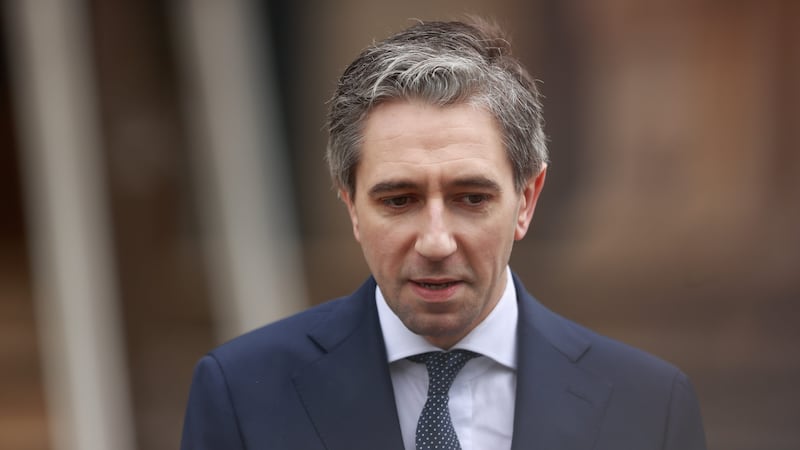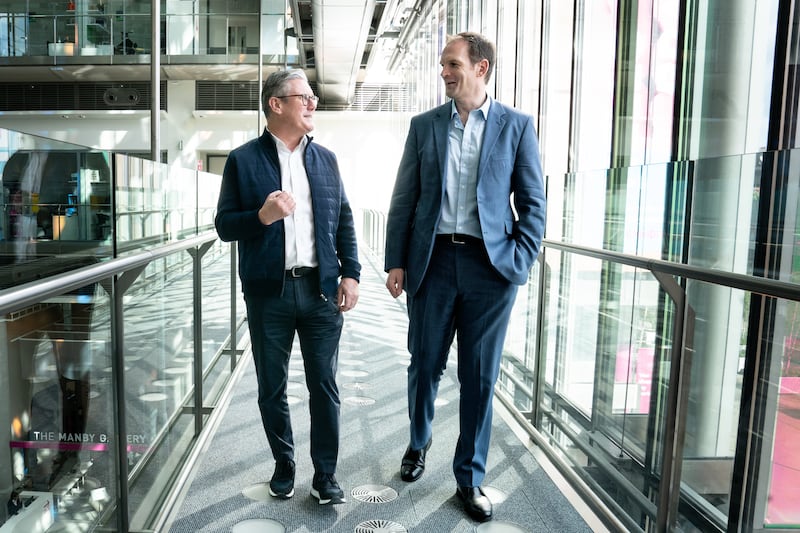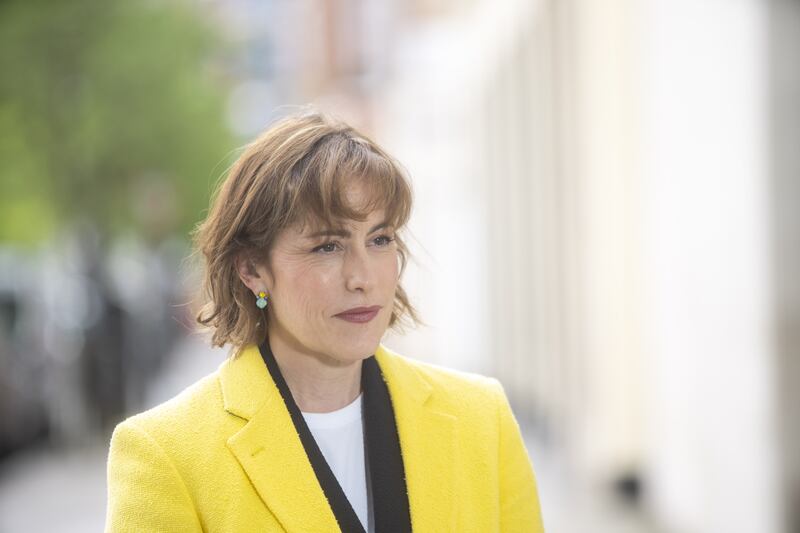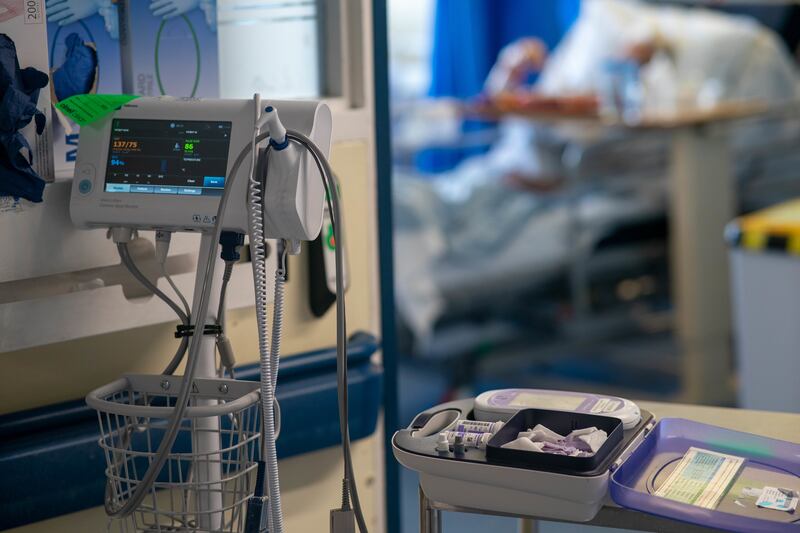THE BMA in Northern Ireland has renewed their support for striking junior doctors in England as a four-day walkout is expected to cause major disruption to the NHS.
Starting on Tuesday morning, doctors in the British Medical Association will stay at picket lines outside hospitals until Saturday morning.
An estimated 350,000 appointments, including operations, will be cancelled in the latest wave of industrial action after nurses, ambulance crews and other health workers have previously staged walkouts.
In a Twitter post, the BMA said: “Doctors across Northern Ireland reiterate their support and solidarity to junior doctors in England as they commence their next round of industrial action.”
Doctors across Northern Ireland reiterate their support and solidarity to junior doctors in England as they commence their next round of industrial action.https://t.co/9ZoVJ3Zt21 https://t.co/Rc00Hw8dCF
— BMA Northern Ireland (@BMA_NI) April 11, 2023
Last month, the chair of BMA’s Northern Ireland council Tom Black, said the situation was being closely monitored and would inform any decision to ballot for industrial action.
He said at the time that doctors and frontline healthcare workers faced “the very same dangerous and mounting pressures” along with the uncertainty caused by the Stormont deadlock.
Dr Black added that low morale and successive low pay awards were driving young doctors to work abroad and experienced doctors to retire early.
NHS managers in England have now warned that patient care is “on a knife edge” because of the strike.

The BMA has claimed that junior doctors in England have seen a 26 per cent real-terms pay cut since 2008/09 because pay rises have been well below inflation.
The union is calling for a full pay restoration, amounting to a 35 per cent pay rise, which the government has called unaffordable.
BMA officials said the pay issue is making it harder to recruit and retain junior doctors, with members previously walking out for three days in March.
NHS England has said staff will be asked to prioritise emergency and urgent care and patients with cancellations will be offered alternative dates as soon as possible.
The Health Secretary Steve Barclay called the strikes "extremely disappointing" and said they would risk patient safety over the busy Easter break.
“I hoped to begin formal pay negotiations with the BMA last month but its demand for a 35 per cent pay rise is unreasonable – it would result in some junior doctors receiving a pay rise of over £20,000.
“If the BMA is willing to move significantly from this position and cancel strikes we can resume confidential talks and find a way forward, as we have done with other unions."
The BMA has previously said it would restart talks with Mr Barclay and suspend strikes if members were offered a "credible" pay offer "to resolve 15 years of pay erosion."
Junior doctors today are simply not worth 26% less than they were 12 years ago. End of.
— Rachel Clarke (@doctor_oxford) April 11, 2023
Solidarity with juniors on strike today. We’ve got your backs, we know why you’re doing this.
The NHS is nothing if it can’t retain its staff - as @SteveBarclay knows all too well. pic.twitter.com/v1vQ9HZsmV








